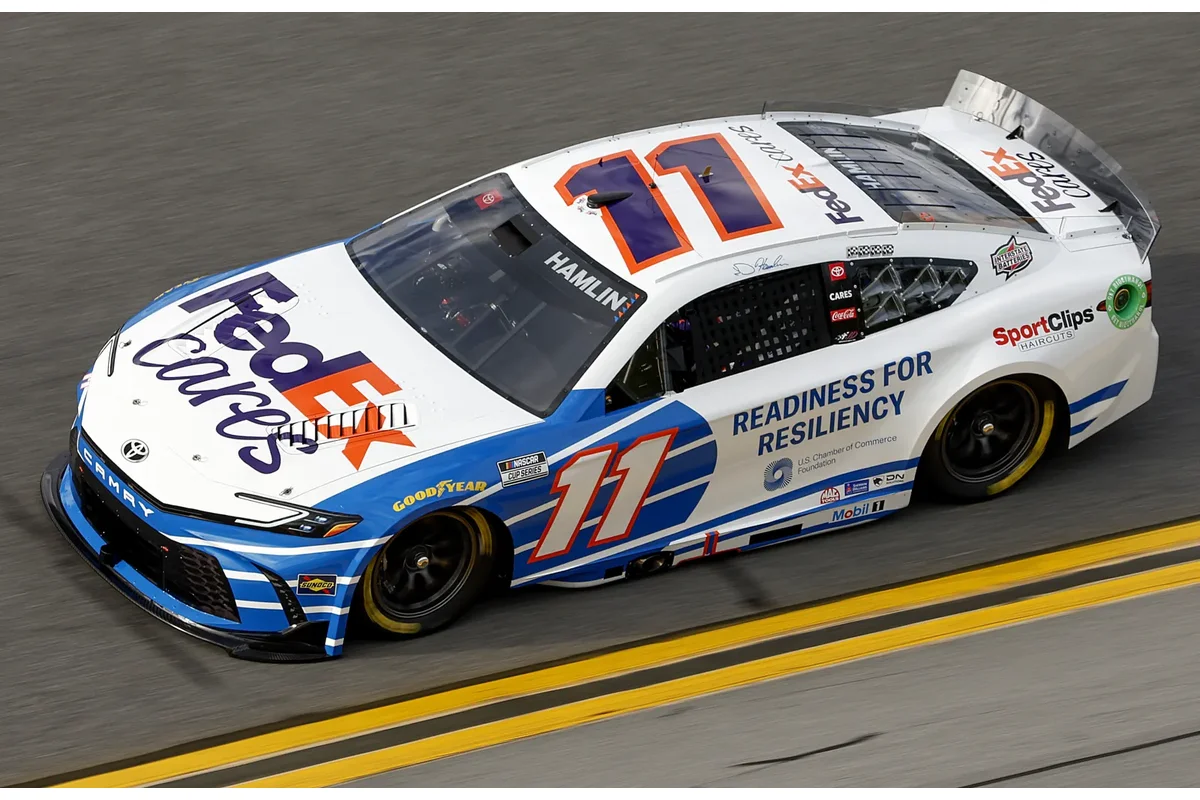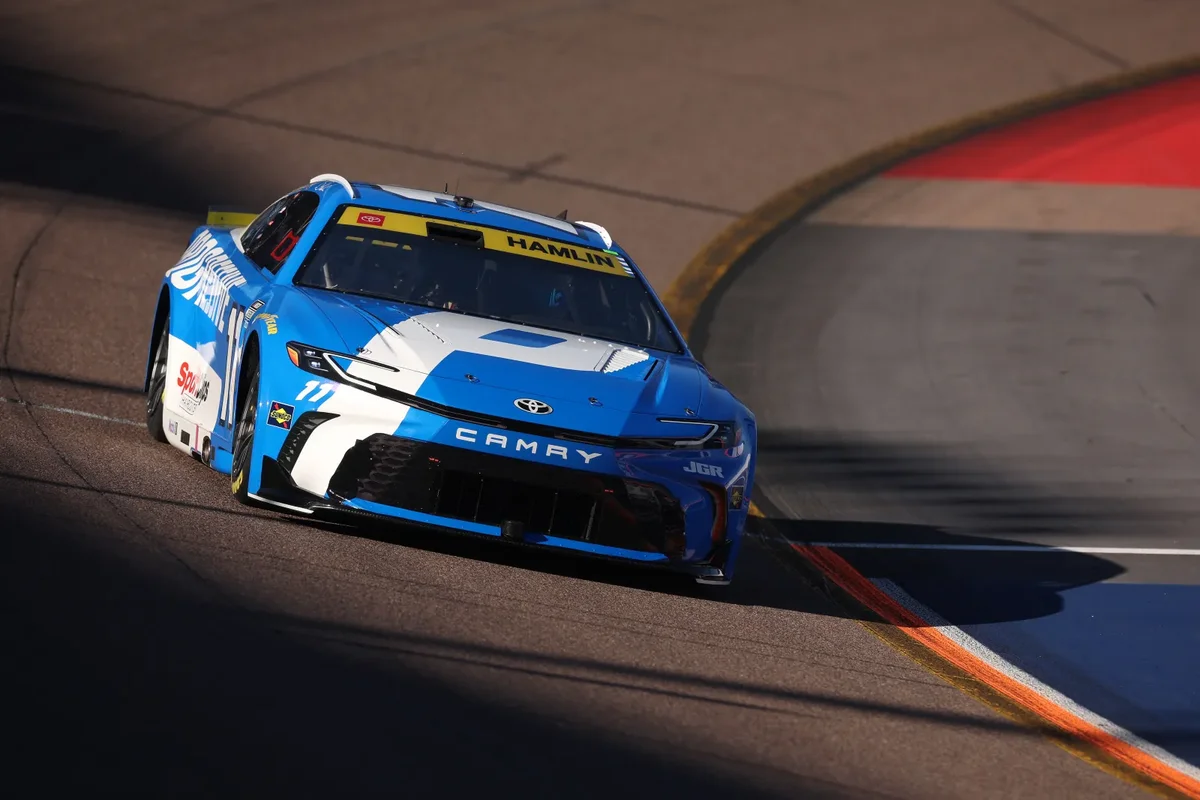An email unearthed from Denny Hamlin, co-owner of the 23XI Racing team, has thrown a spotlight on a Denny Hamlin NASCAR power struggle with Jim France, sparking renewed debate about the direction of the sport. The message, sent three years ago but only now coming to light, uncovers sharp disagreements at the heart of NASCAR that could have big implications for its future.
This internal correspondence exposes the tense environment inside NASCAR, where disagreements between team owners and senior officials—including Jim France, NASCAR’s chairman—have taken center stage. Hamlin’s communication pulls back the curtain on a rift between innovative investors, such as Michael Jordan and Curtis Polk, and long-standing traditions championed by France and others in the organization.
Inside the Disagreement: Hamlin Challenges NASCAR’s Business Model
The email reveals that Hamlin questioned the very basis of his continued involvement in the sport, writing,
Why should I keep investing in this sport once I’m done driving?
Denny Hamlin, Co-owner. This question encapsulates the conflict, as Hamlin pressed Jim France to explain how NASCAR’s financial structure could support both new investments and sustainable team ownership.
Alongside prominent partners like Michael Jordan, Hamlin has argued that NASCAR’s current approach makes it almost impossible for teams to recover their investments or turn a profit. According to Hamlin, NASCAR’s leadership, with Jim France at the helm, seems to be stuck on cost reduction, an approach that could hinder growth and innovation within the sport.

The situation is aggravated by a perception that France favors traditional racers-turned-owners, such as Jeff Gordon and Dale Earnhardt Jr., who are seen as being less likely to challenge existing practices. Hamlin’s message contrasts the modern ambitions of new team owners with what he views as outmoded ideas about how the sport should be run.
Modern Owners Versus NASCAR’s Traditional Leadership
Hamlin’s email didn’t just express disappointment; it was also a pointed warning about what could happen if NASCAR continues down its current path. With NASCAR giving more weight to its brand than to adapting its rules to benefit well-funded, contemporary teams, the sport finds itself at a contentious crossroads, with team owners like Hamlin, Curtis Polk, and even basketball icon Michael Jordan on one side, and Jim France and the organization’s traditional leadership on the other.
The conflict reflects a larger debate within NASCAR: whether to embrace the strategies and perspectives of investors focused on sustainability and progress, or to preserve business models rooted in the past. These divisions are now more public than ever, with the community, officials, and even NASCAR’s fan base paying close attention to every new development.
International Expansion Adds Fuel to the Fire
Complicating the situation is a lawsuit that has brought even more dramatic revelations to light. Among them is a bold proposal for NASCAR to expand its reach globally, with details surfacing of a planned major event in Oman. This international endeavor aims to feature 15 cars, spread across three teams and led by high-profile American crew chiefs and a mix of celebrated drivers from various motorsport backgrounds.
This proposed race format, with its innovative rounds and multi-team approach, highlights NASCAR’s desire to pursue new markets far from its home in the U.S. It demonstrates a willingness among some leaders to modernize, even as internal power struggles threaten to derail these ambitions.
The Road Ahead: Stakes Rise as Tensions Escalate
NASCAR’s current predicament is more than just a public argument between strong personalities. As Denny Hamlin’s email and the ongoing legal proceedings make clear, the organization faces a turning point that could decide its place in motorsports for years to come. If the clash between forward-thinking investors and entrenched traditionalists isn’t resolved, the fabric of NASCAR could be at risk.
While the world watches to see which side prevails, the issues brought to the forefront by Hamlin, France, and their respective allies will shape not only how NASCAR functions but also how it is perceived globally. The community, from team owners and drivers to partners and supporters, is left to wonder if change is possible—or if long-standing approaches will continue to dominate the organization’s future.
